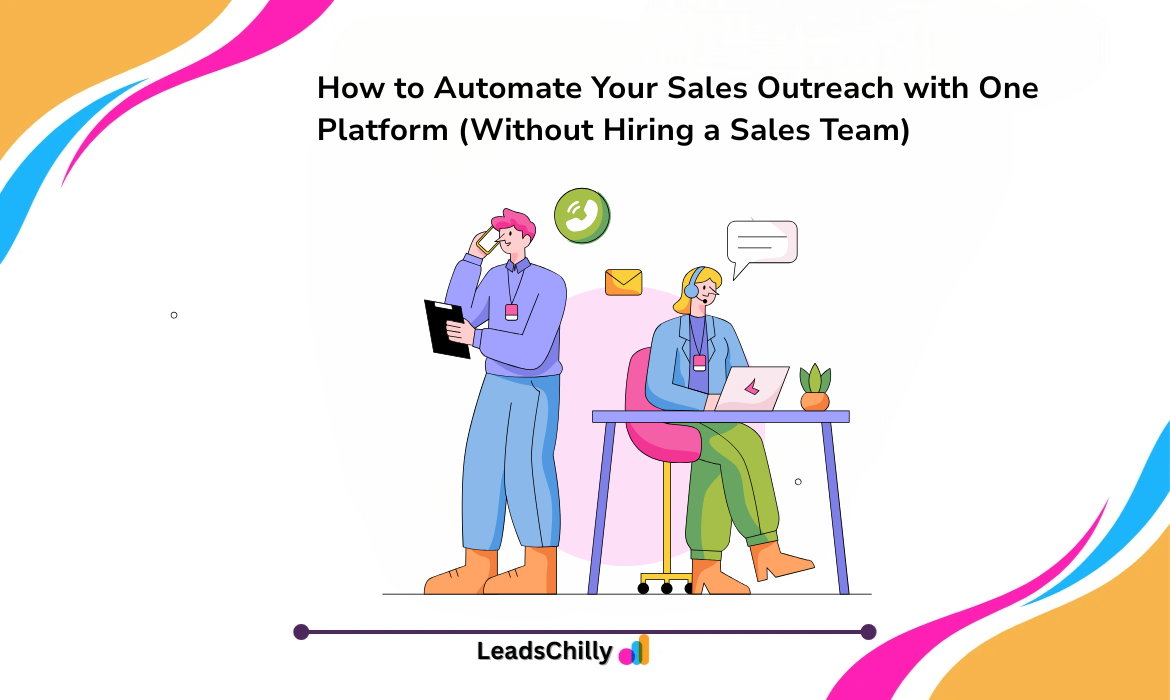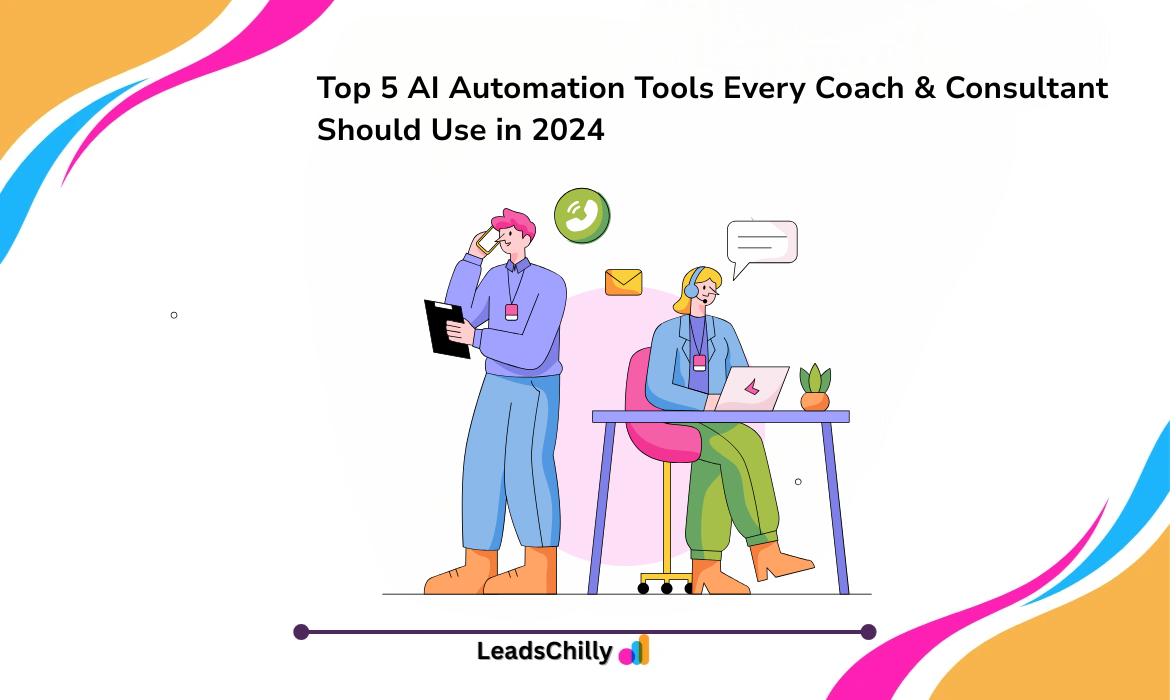In today’s fast-paced digital landscape, marketing automation has become indispensable for businesses aiming to streamline their marketing efforts and achieve higher efficiency. Integrating marketing automation platforms with other tools can significantly enhance their capabilities, enabling businesses to nurture leads, personalize customer interactions, and ultimately boost conversions. This guide will walk you through everything you need to know about marketing automation integration, from understanding its benefits to implementing it effectively.
Marketing automation integration involves connecting your marketing platforms with various tools and systems to ensure seamless data flow and synchronized operations. This not only increases efficiency but also reduces manual errors, providing a unified view of customer interactions. Whether you’re looking to improve internal processes or enhance customer-facing applications, marketing automation integration can be a game-changer for your business. By leveraging these integrations, you can ensure that your marketing efforts are more targeted, timely, and effective, ultimately driving better results for your organization.
Understanding Marketing Automation Integration
Definition: Marketing automation integration refers to the process of connecting a marketing automation platform with other internal applications or external tools to synchronize data in real time. This integration allows for a cohesive marketing strategy, ensuring that all systems are up-to-date with the latest information. By doing so, it helps in maintaining data consistency and improves the overall efficiency of marketing operations.
Key Benefits:
- Enhanced Efficiency: Automates repetitive tasks, freeing up time for more strategic activities. This means that your marketing team can focus on creative and high-level tasks rather than getting bogged down with routine processes.
- Improved Data Accuracy: Reduces the risk of human error and ensures data consistency across platforms. Accurate data is crucial for making informed decisions and creating effective marketing campaigns.
- Better Customer Insights: Provides a comprehensive view of customer interactions, aiding in more targeted marketing efforts. Understanding customer behaviour and preferences allows for more personalized marketing strategies.
- Proactive Sales Engagement: Enables sales teams to respond swiftly to customer actions, increasing conversion rates. Real-time data ensures that sales representatives have the most up-to-date information to engage with prospects effectively.
Types of Marketing Automation Integrations
Internal Integrations:
- Lead Enrichment: Integrate your marketing automation platform with a data enrichment tool like Clearbit. When a lead is added, it’s automatically enriched with additional information such as industry, company size, and contact details. This enriched data helps in better understanding the lead and tailoring marketing efforts accordingly.
- Lead Routing: Connect your marketing automation platform with your CRM. Sync key fields like company name, industry, address, and company size to automatically assign leads to the right representative. This ensures that leads are promptly followed up on by the most appropriate team member.
- Personalized Outreach: Use consumer data from e-commerce platforms like Shopify to send targeted newsletters, SMS, and promotional offers. By leveraging purchase history and browsing behaviour, you can create highly personalized marketing campaigns that resonate with your audience.
- Dealer and Distributor Management: Schedule communication for order processing, inventory updates, and product information using marketing automation tools. This ensures that dealers and distributors receive timely and accurate information, improving the overall supply chain efficiency.
Customer-Facing Integrations:
- Lead Generation: Integrate lead capture tools with marketing automation platforms for immediate follow-up actions. This can include automated email responses, SMS notifications, and task assignments to sales representatives.
- Event Management: Automate invitations, follow-ups, and nurture campaigns for event attendees based on their interactions with the event content. This ensures a seamless experience for attendees and maximizes engagement.
- Identifying High-Propensity Deals: Use engagement data to help sales teams identify likely buyers. This includes tracking interactions with marketing materials, website visits, and email opens to prioritize high-potential leads.
- Reporting on ROI: Leverage marketing data to report on the effectiveness of your product. By integrating with marketing automation platforms, you can track key metrics such as click-through rates, conversion rates, and deal sizes to measure ROI.
Common Marketing Automation Integration Use Cases
- Synchronized Data for Marketing and Sales: Ensures both teams have access to the same set of information for effective lead nurturing. This integration reduces data silos and ensures that marketing and sales are aligned in their efforts.
- Actionable Information for Teams: Integrates data enrichment tools to provide real-time insights into leads. This allows teams to make informed decisions and tailor their approach based on comprehensive data.
- Intelligent Lead Nurturing: Accounts for past interactions to deliver personalized experiences. By tracking interactions across multiple channels, you can create targeted nurture campaigns that address the specific needs and interests of each lead.
Benefits of Marketing Automation Integration
- Increased Efficiency: Automates data syncs, saving time and reducing manual work. This allows your team to focus on more strategic activities that drive business growth.
- Enhanced Data Accuracy: Minimizes human error, ensuring data consistency. Accurate data is crucial for effective marketing and sales strategies, and automation helps maintain this accuracy.
- Improved Customer Insights: Enables deeper analysis of customer behaviour for better-targeted strategies. By understanding customer preferences and behaviour, you can create more relevant and personalized marketing campaigns.
- Proactive Sales Engagement: Provides real-time data for timely customer interactions. Sales teams can engage with prospects and customers at the right time with the right message, increasing the likelihood of conversion.
How to Implement Marketing Automation Integrations
Steps to Identify Integration Needs:
- Assess Current Marketing Processes: Evaluate your existing marketing processes to identify areas that can benefit from automation. Look for repetitive tasks and data silos that can be streamlined through integration.
- Identify Areas for Improvement: Pinpoint specific areas where integration can enhance efficiency and data accuracy. This could include lead management, customer segmentation, and reporting.
Choosing the Right Tools and Platforms:
- Evaluate Compatibility: Assess the compatibility of your existing tools and platforms. Ensure that the tools you choose can seamlessly integrate with your marketing automation platform.
- Select Robust Platforms: Choose platforms that offer strong integration capabilities and support for multiple applications. Look for platforms with a proven track record of successful integrations.
Example Workflow:
- Integrating a CRM with a Marketing Automation Platform:
- Sync Lead Data:
- Automatically sync lead data between your CRM and marketing automation platform to ensure consistency.
- Automate Lead Nurturing:
- Set up automated nurture campaigns based on lead behavior and interactions.
- Track Engagement:
- Monitor lead engagement across multiple channels and update the CRM in real-time.
- Assign Leads:
- Automatically assign leads to sales representatives based on predefined criteria.
- Sync Lead Data:
Conclusion
Integrating marketing automation platforms with other tools can revolutionize your marketing strategy, driving efficiency, accuracy, and engagement. By understanding the different types of integrations and their benefits, you can implement a seamless and effective marketing automation system that supports your business goals. Embrace marketing automation integration to enhance your marketing efforts, improve customer experiences, and achieve better business outcomes.
CTA: Enhance Your Marketing Efforts with LeadsChilly
Experience the power of an all-in-one marketing and sales automation platform with LeadsChilly. Our smart tools help you organize customer conversations, automate tasks, and reach out to potential clients more effectively. Try LeadsChilly now with our 14-day free trial and see how we can help you scale your business to new heights. Visit LeadsChilly to learn more.
Note: Explore our latest blogs for in-depth insights on related topics: EMR Medical, Landing Page Split Testing, White Label SaaS, Write a Yelp Review, What is Agile Marketing, B2C Sales Meaning, B2B and B2C Marketing, Manage Online Reviews, Reaching Your Target Audience.
Frequently Asked Questions
Q1. What is marketing automation integration?
Ans: Marketing automation integration is the process of connecting marketing automation platforms with other tools to synchronize data and enhance functionality. This integration ensures that all systems have up-to-date information, improving efficiency and data accuracy.
Q2. Why is marketing automation integration important?
Ans: It increases efficiency by automating repetitive tasks, improves data accuracy by reducing manual errors, provides better customer insights for targeted marketing, and enables proactive sales engagement with real-time data.
Q3. What are some common use cases for marketing automation integration?
Ans: Common use cases include lead enrichment, lead routing, personalized outreach, event management, identifying high-propensity deals, and reporting on ROI.
Q4. How can marketing automation integration benefit my business?
Ans: It can save time, reduce errors, provide deeper customer insights, and increase conversion rates through timely and personalized engagement.
Q5. What tools are commonly integrated with marketing automation platforms?
Ans: Tools commonly integrated include CRMs, data enrichment tools, e-commerce platforms, event management systems, and lead generation tools.
Q6. How do I choose the right marketing automation platform for integration?
Ans: Consider compatibility with existing tools, ease of integration, the specific needs of your business, and the platform’s track record of successful integrations.



Comments are closed.